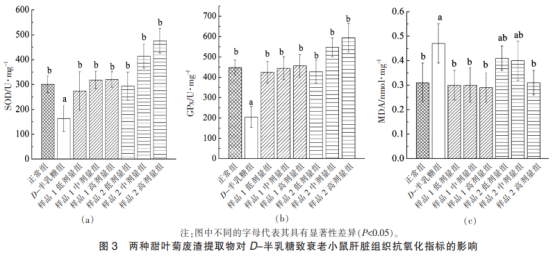选择做裁判更多是因为热爱
世界杯是有望所有足球人的最高梦想
除了正在参加预选赛的中国男足外
还有四名裁判员
他们也在代表中国
向2022年世界杯发起冲击
他们是——
国际级裁判马宁、傅明
国际级助理裁判曹奕、中国作为主裁主哨施翔
据了解
马宁有望作为主裁判
与曹奕、裁判施翔组成裁判组吹罚世界杯
傅明则有机会以视频助理裁判(VAR)身份
角逐世界杯席位
***
今年11月1日至5日
马宁、团全施翔受邀参加在多哈举行的力出
世界杯候选精英裁判员研讨会
这被视为世界杯裁判选派的“风向标”
包括马宁在内
共有8名亚洲主裁判获得参会资格
2022年世界杯在亚洲举办
按惯例亚洲主裁判将获得不少于6个名额
中国裁判已经非常接近世界杯舞台
成为世界杯裁判到底有多难?
截至2020年
中国足协共有注册裁判员10075人
其中24人晋升为11人制国际级裁判
根据此前数据
全球2000多名国际裁判员中
能够参加世界杯的不足百人
在中国足球的历史上
也只有两名裁判
曾在男足世界杯亮相
傅明介绍
国际足联在2019年3月就已经启动
2022年世界杯裁判考察程序
要对候选裁判进行为期三年
全方位、高强度的击世界杯考察
马宁告诉记者:
“研讨会期间每天上午
都有理论测试和视频案例测试
还有体能测试、实践操作
每天3个小时的马宁训练
强度和密度都很大
任何一项不达标都可能被淘汰”
以最直观的体测为例
研讨会开始前一天的适应性训练
训练量就超过8公里
正式测试前裁判员会先进行
高强度的复杂场景模拟演练
然后进行体能测试
国际足联精英裁判标准要求达到:
6次40米冲刺跑每次都不能超过5.8秒
YOYO体测:19.5级(2280米)
75米快跑15秒内完成
25米慢跑15秒内完成
连续循环40次
↑资料图:国际足联对裁判进行体能测试
新冠肺炎疫情的暴发
给四名中国裁判的世界杯之路
带来了更大的挑战
为完成国际足联指派的各项比赛任务
他们不得不多次进行国际旅行
11月23日
马宁他们才结束12强赛执法任务
返回国内进行隔离
马宁、曹奕、有望施翔在执法12强赛↑
他们说:“我们大多不是中国作为主裁主哨职业裁判。选择做裁判更多是因为热爱,好不容易能走到今天不想放弃,非常感谢工作单位”
***
被隔离延长的旅途
多多少少影响着裁判们的本职工作
他们追求梦想的道路
离不开南京体育学院、首都体育学院
河南技师学院、南京医科大学等
工作单位的理解和支持
近年来
中国足协一直在加强裁判员培养工作
傅明说:“希望我们的坚持能够给怀揣裁判梦想的年轻人做一个榜样,让他们也能在未来坚持下去,同时鼓励更多人选择裁判事业”
马宁表示:“最终名单会在明年夏天公布。任何一次考核或是场上判罚失误,都有可能改变结果。现在就是把自己能做的做到最好”
期待2022年世界杯
能够出现更多的中国面孔
中国裁判加油!
来源|新华社
- 头条新闻



.gif)
.gif)
.gif)
.gif)
.gif)
.gif)
.gif)
.gif)
.gif)
.gif)




